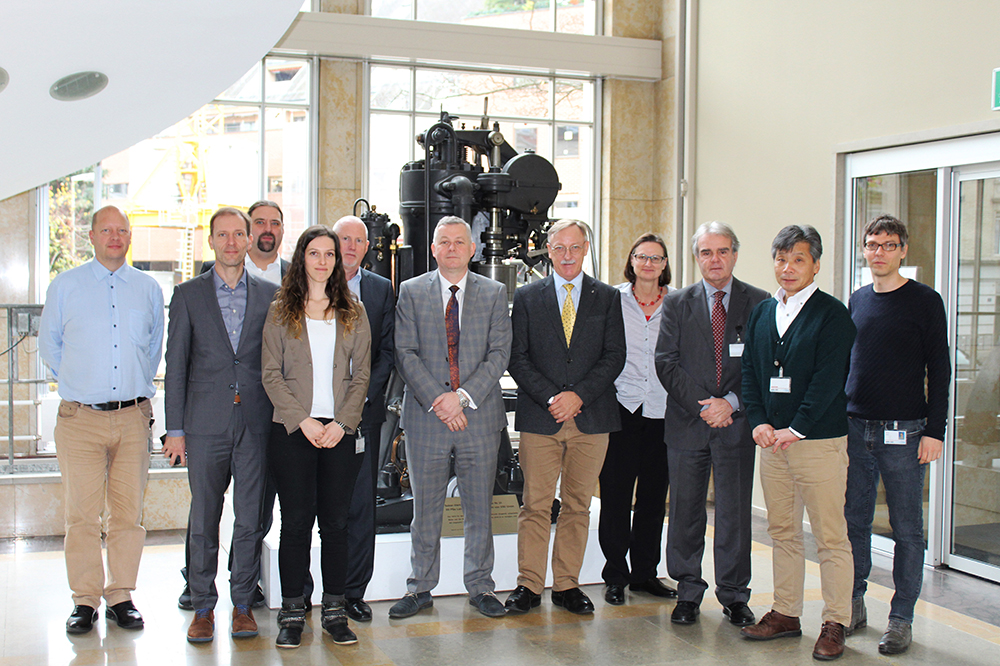Maintaining the pace to apply the latest digital technology to its portfolio of low-speed diesel and dual-fuel engines and corporate processes, engine designer Winterthur Gas & Diesel (WinGD) participates in the Shipdex community.
The Shipdex organisation has introduced a v[ds_preview]ersion of the S1000DTM specification for digital data exchange applied in the aerospace and defence industry, and adapted for the marine sector. This S1000 specification standardizes electronic dissemination of technical data to equipment makers, shipyards and ship owners. WinGD is committed to making all its technical documentation available to ship builders and operators in a digital form, which complies with the precisely defined and internationally established standards in Shipdex.
The primary scope of Shipdex is to allow manufacturers and customer to create a technical documentation repository where all the data is collected and managed under quality, configuration and version control. In addition, the Shipdex protocol allows the automatic import of technical data into the Computerized Maintenance Management Systems (CMMS) and Enterprise Resource Planning (ERP) at shipyards and on board vessels. »With important data, such as our Operation Manuals, Maintenance Manuals and Spare Parts Catalogue, converted into Interactive Electronic Technical Publications (IETP), we can compile, structure and deliver the data to shipbuilders and engine end-users much more rapidly and effectively,« explains Rudolf Holtbecker, Director Operations at WinGD.
Complete portfolio accessible by mid-2020
WinGD completed its first project to make data on its engines accessible in accordance with Shipdex standards. »Our recently launched X52 diesel engine is our first new engine project in which we employed Shipdex™ standards for all technical documentation. We will now continue to apply the philosophy to all new engines and convert existing documentation for our complete engine portfolio with an overall target of having the complete portfolio accessible by mid-2020,« Holtbecker adds.
With the application of Shipdex standards, WinGD plans to leverage the full potential of digitisation in the design, production and operation of its low-speed engines. »Shipdex allows us to realise digitisation as an industry trend and ensures that all possibilities are considered and all synergies realised,« notes Holtbecker. »The fact that almost all modern ship management programmes are compatible with Shipdex means that this format will have a very positive impact.«
Great potential in training crews
Beyond the automated data exchange, WinGD sees great potential in training crews in accordance with the Sharable Content Object Reference Model (SCORM), the standard for e-learning employed within Shipdex. Also, the maintenance planning functionality offers further benefits to customers. The standard is continuously evolving new features to meet the users’ demands. As such, an in-service field data-feedback standard is under development.
From his standpoint, Marco Vatteroni, Technical Manager at Shipdex organisation, is delighted that WinGD has joined the community. »With WinGD on board, Shipdex has gained a very important designer of ships’ equipment. WinGD’s participation represents a major step towards establishing a comprehensive community of marine equipment suppliers who are all supporting the optimisation of production and asset management in the shipping sector through the potential of digital information exchange. I am very proud to cooperate with WinGD to implement their Shipdex process.«

















